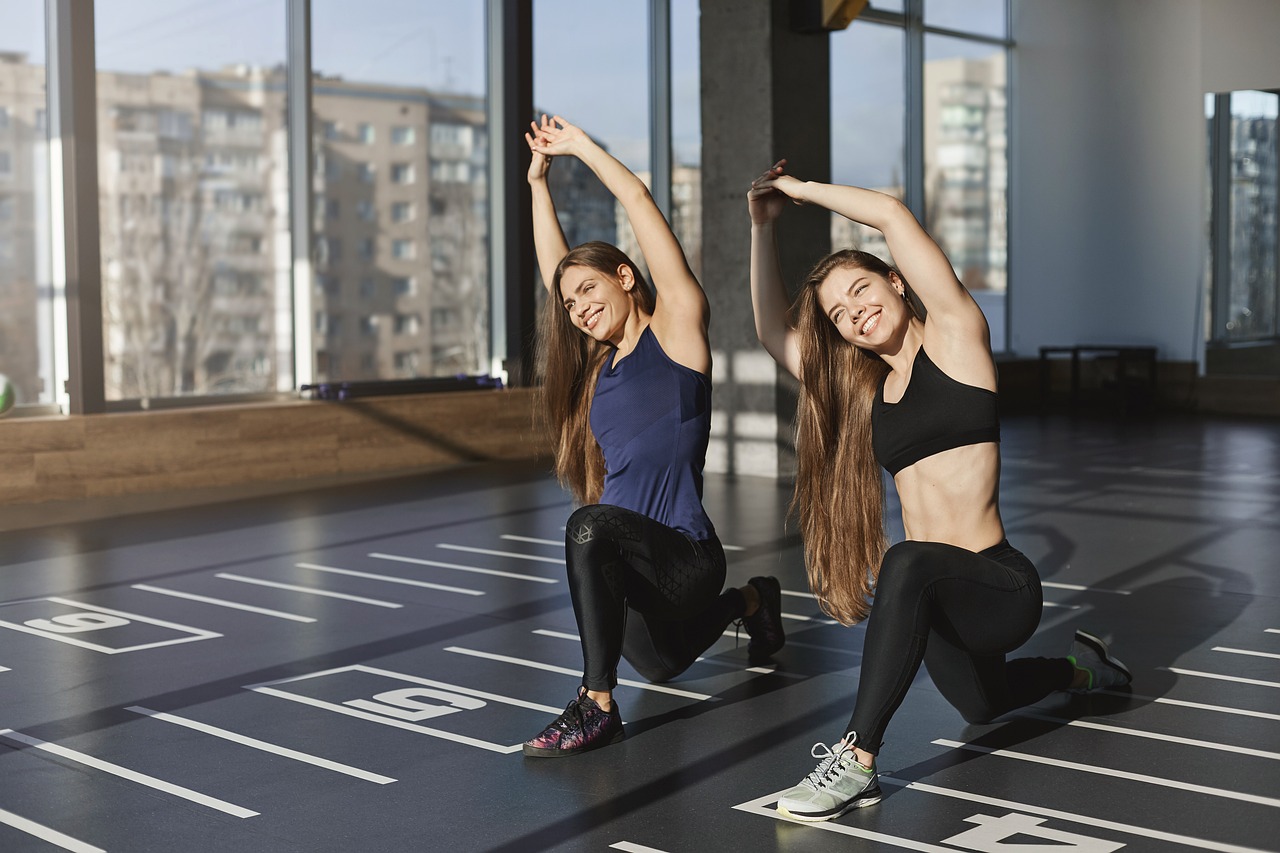Insufficient physical activity among women poses a significant threat to their mental health, a fact underscored by the findings of the most extensive global study on the exercise gender gap. This study revealed a direct correlation between a woman's level of physical activity and her emotional state. Specifically, participants reported a remarkable 52% increase in happiness, a 48% surge in confidence, and a 50% boost in energy levels when engaging in regular exercise, as uncovered by the Move Her Mind study. Commissioned by ASICS, this research drew insights from nearly 25,000 individuals and involved 26 focus groups across diverse regions.
Moreover, exercise emerged as a potent tool for emotional regulation, with women noting a 67% reduction in stress levels and an 80% decrease in feelings of frustration when adhering to a consistent exercise regimen. Despite these profound benefits, women encounter formidable barriers hindering their pursuit of physical activity. Dr. Dee Dlugonski, the lead researcher, lamented the pervasive challenges faced by women in prioritizing self-care, irrespective of their current activity levels.
Among the myriad obstacles cited, time scarcity loomed largest, with over half of the surveyed women expressing this concern. Predominant among these time constraints were competing commitments, cited by 76% of respondents, and a lack of adequate time, mentioned by 74%.
Parenthood, particularly motherhood, emerged as a significant deterrent to regular exercise, with more than 60% of women attributing their reduced activity levels to childcare responsibilities. This decline in physical activity was most pronounced during the childbearing and child-rearing years, underscoring the profound impact of familial obligations on women's exercise habits. Dr. Dlugonski highlighted the gendered expectations that encumber women, limiting their opportunities for exercise or participation in sports. Caregiving responsibilities, encompassing childcare, eldercare, and household duties, emerged as predominant barriers according to both quantitative and qualitative data.
Even as children matured, mothers did not seamlessly reintegrate exercise into their routines, with over half of women reporting decreased activity levels with age, and some abandoning exercise altogether. Time constraints and professional obligations emerged as primary deterrents, emphasizing the relentless demands that impede women's pursuit of an active lifestyle.




